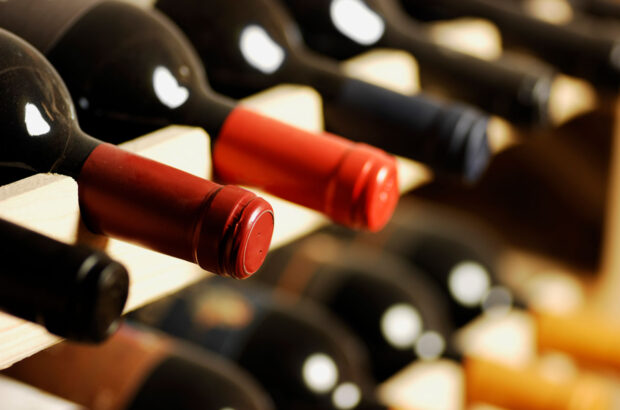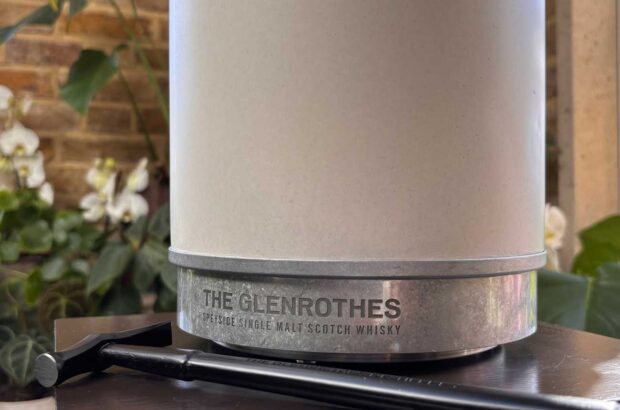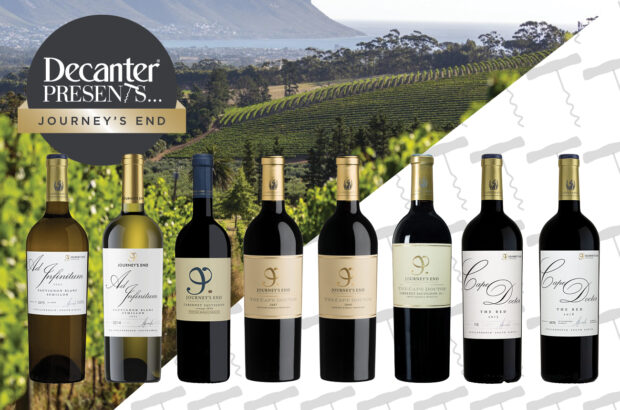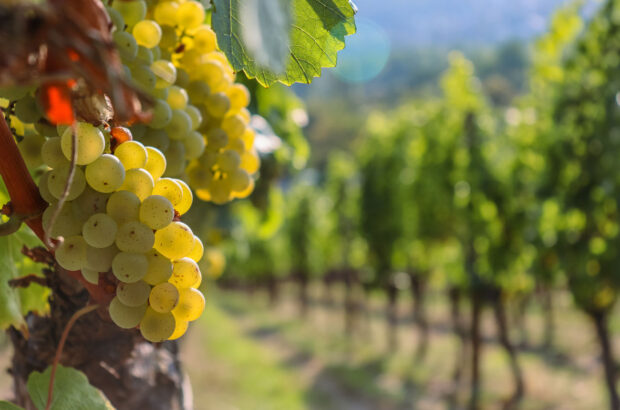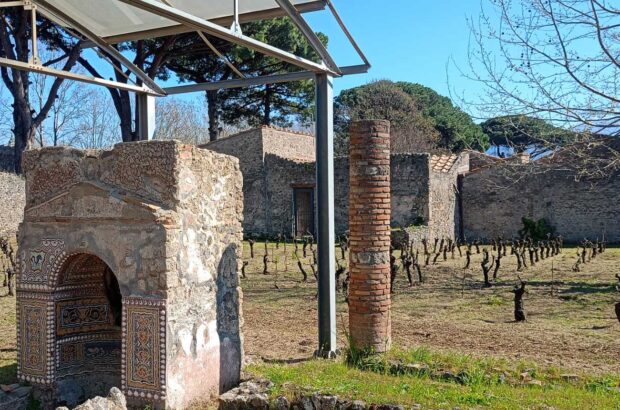Many natural wines are a dismal self-indulgence
Dustbins, stairwells, a malodorous corner darkened by ominous stains: the tiny eastern entry to the Rue de la Poissonnerie in Perpignan is unpropitious.
As the alleyway expands though, it brightens. Restaurants and bustle soon make this hidden passageway an entertaining stroll for anyone spending time in France’s Catalan capital.
I was hurrying back to my hotel the last time I walked along it, but a place called les indigènes pulled me up short. it’s a wine bar – for ‘natural wines’. in downtown Perpignan.
That was when I realised that the natural wine movement is likely to prove not merely significant but durable.
Every drinker inside was under 30. French producers often complain that the young don’t seem interested in wine any more. Here, at any rate, the ideal of natural wine seemed magnetic.
One result of the currently lax wine-labelling regulations is the assumption on the street that most wines are stuffed with additives. Natural wines promise purity. That has youthful appeal.
Let me offer you two metaphors to sum up the ambivalence which i feel about natural wines. The first is musical. Over the past half-century or more, there’s been a lively subculture of musical interpretation based on great works played on period instruments.
Bach, for example, never wrote for the modern piano, so his great keyboard works would first have been heard on the harpsichord, clavichord or organ.
In the 18th century, flutes were wooden and brass instruments had no valves; singers used little if any vibrato; concert pitch was different. In one sense, that’s what natural wines are: a deliberate return to a pre-development past.
Period performance sounds odd, and sometimes even discordant at first – but once the hearer has re-tuned his or her ears, a new, expressive world is opened.
So too with the best natural wines: they reveal a landscape of aroma and flavour few of us alive today ever previously had the chance to enjoy. They make interesting noises. we owe them our indulgent attention.
The problem, though, is that some natural wines aren’t interesting at all, even after copious indulgent attention: they are homogenously cidery and coarse, especially when sulphur dioxide has been abandoned by the dogmatic and the unskilled.
This is where the second metaphor seems more appropriate. it would be entirely possible for all of us to wash with water alone, and never use soap or deodorants. between washes, and depending on ambient temperature and physical activity, we would all smell more or less sweaty.
That would be natural, but it would also be homogenous and unattractive, since the smell of sweat blankets other, subtler human scents which the use of soap and deodorant permits us to discern and enjoy in each other, even if we’re just passing in the street.
Sulphur dioxide in winemaking is hygiene. some winemakers do have the skill to vinify without it and bottle delicious if evanescent wines, and I applaud that.
Every winemaker should minimise sulphur use. but many natural wines are a dismal self-indulgence, and the doctrinaire rejection of sulphur dioxide lies at the root of their problems.
There’s no doubt that natural wines have the wind of fashion behind them at present, as a quick glance around london restaurant wine lists shows.
The key supplier is Eric Narioo and Doug wregg’s Caves de Pyrène, a company I enthusiastically profiled in The Evening Standard after Wregg joined back in 1996.
‘There are plenty of restaurant wines which, if we presented them, would be sent back as “faulty”,’ a rival importer and restaurant supplier recently told me. ‘Yet if they come from Caves de Pyrène, they’re “interesting”.’
Fashion can blind the clear-sighted for a while, but not forever. Only the greatest natural wines will endure, as Narioo and wregg no doubt realise.
My chief misgiving about the charlatanry of some natural wines is that, paradoxically, they might tarnish the precious ideal of naturalness in wine. ideals, remember, are rarely attained.
The rational and non-dogmatic pursuit of naturalness means doing less rather than more winemaking adjustment so as to allow the drinker to smell and taste the print of place in wine. it’s a means to an end, not an end in itself.
No winemaker claiming to express terroir should fall back on the crutch of abusive acidification, chaptalisation, tannin-addition or de-alcoholisation of wines from unsuitable varieties in distinguished sites.
Or claim that rough handling and crass filtration are good enough to make wines of purity and precision. Nor, though, should they fold their arms and stare righteously at the ceiling while their wines turn malodorously delinquent through neglect. If this distinction seems complicated, I apologise.
The apostles of natural wine are, precisely, the Cathar ‘Perfects’ of the wine world, renouncing every intervention for reasons more moral than hedonistic, and pitching their perfection in dualistic opposition to the satanic practices of those who are more pragmatically flexible.
You don’t, though, drink morality; ideals alone can be unpalatable. It has to taste good, too.
Written by Andrew Jefford



